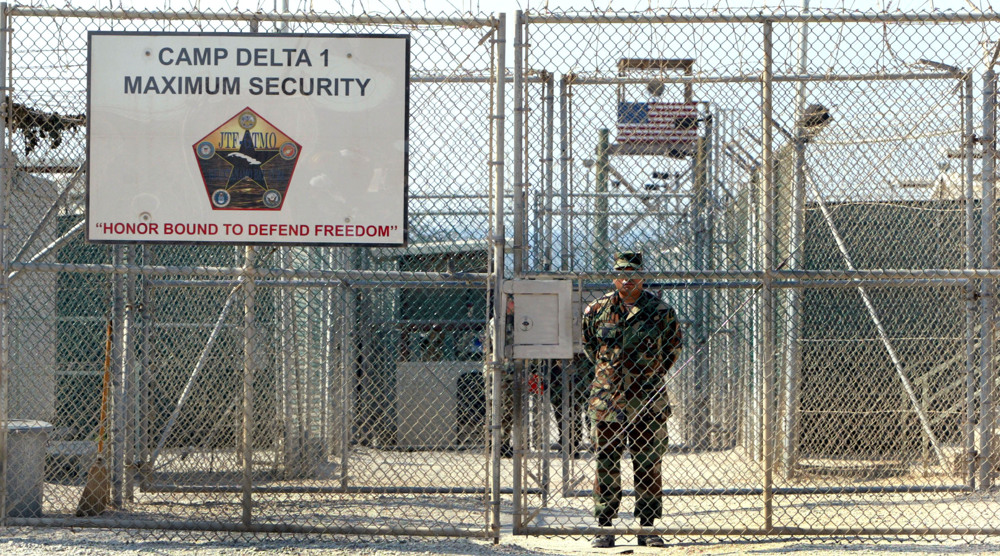Migrant workers in US food sector facing forced labor
Migrant workers in the US seafood industry are said to be facing forced labor conditions.
According to a Guardian report citing the findings of a study in the US, American seafood supply chains are increasingly using temporary labor by undocumented migrants whose immigration status makes such workers vulnerable to exploitation.
The research by the National Guestworker Alliance (NGA) is based on previous findings as well as interviews with 126 seafood processing workers in New Bedford, Massachusetts.
The NGA said these workers would not report abuse on the job due to threats from employers not to hire them in subsequent seasons and sponsor them for H-2B visas. Undocumented workers have been threatened with immigration enforcement.
“This new research exposes a reality that workers know all too well,” said Daniel Castellanos, former H-2B guest worker and a co-founder of the NGA. “Seafood processing workers are routinely subjected to severe forms of exploitation by companies producing cheap seafood for major retailers and food distributors like Walmart. And when they speak out or try to resist abuse, they are punished severely for it.”
The NGA report said these workers in the US supply chain were subjected to verbal abuse, curfews, threats of denunciation to immigration authorities and poor treatment by supervisors.
The workers also reported having their wages stolen, not being paid overtime, and being paid less than originally promised.
The NGA also referred to a 2009 report that said nearly 75% of seafood processing workers in New Bedford “were undocumented migrants, generally hired through temp agencies.”
In Louisiana, seafood employers rely heavily on H-2B visa workers. According to the NGA, utilization of H-2B visas among seafood employers tripled between 1990 and 2000.
The NGA has called on the International Labor Organization (ILO) to “move towards a binding legal convention regulating global value chains.”
It also asked the ILO to organize a conference to explore the adverse impact of contracting and purchasing practices on migrant workers’ rights, and to assemble research on how purchasing practices of multinational corporations affect core labor standards and the wages and benefits of workers.
UNRWA unraveled amid Israel's allegations, reduced intl. support
Palestinian journalist, a Sobh Media Festival awardee, killed in Gaza hours before truce
Jan. 15: ‘Axis of Resistance’ operations against Israeli occupation
VIDEO | US fires: Criticism mounts over govt. failure to respond
VIDEO | Fears, hope in Gaza amid intensified ceasefire efforts
VIDEO | Press TV's news headlines
Hamas: Ceasefire agreement result of steadfastness, resistance in Gaza over 15 months
Hamas thanks Iran, Resistance Front following achievement of ceasefire in Gaza










 This makes it easy to access the Press TV website
This makes it easy to access the Press TV website